How to Make Cream Cheese Frosting Without Van

A wheelchair van can make a huge difference in a wheelchair's life, but it can also have a positive impact on other people, including caregivers and family members. Shopping for the right wheelchair van is a process, but it's easier when you know what to look for.
The overall size of the van can be a make or break consideration. For example, if you live in an apartment building with a parking garage that has a low-clearance entryway, make sure you find a fan that's not too tall to fit inside. Those who live in urban environments may need to err on the smaller side in terms of overall van dimensions.
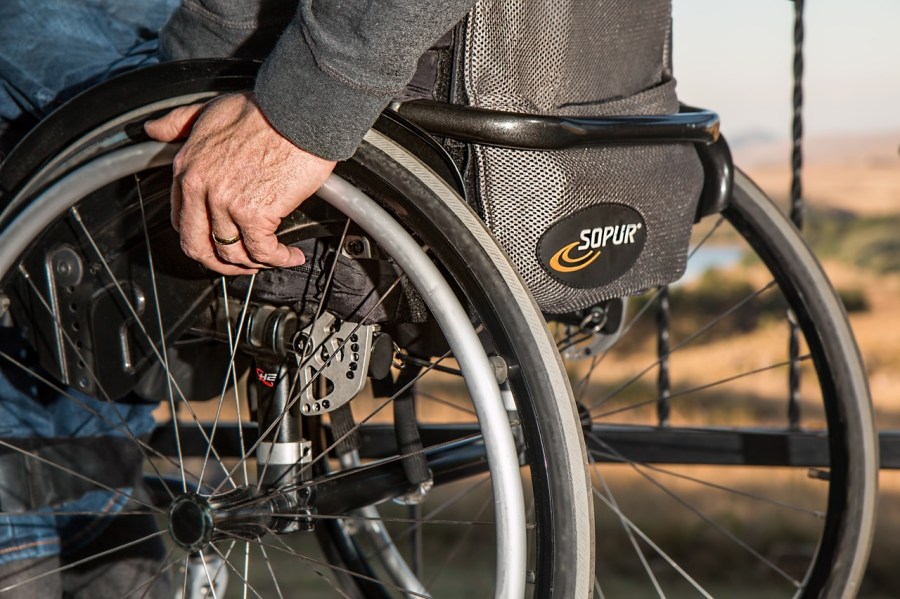
Workable Entry Deployment
Wheelchair vans can come with a variety of different entry systems, from side ramps to rear lifts. Think about where you plan to park and load/unload the van before you choose an entry system. Narrow garages and driveways might not suit a side ramp, for example.

Kneeling Systems
Kneeling systems allow a vehicle to dip down slightly for loading and unloading, making ramps less steep. You may have seen public busses do this—it's a nice way to make it easier for wheelchair users to get into taller vehicles. Some vans may not require this feature, but it's something to keep an eye out for.
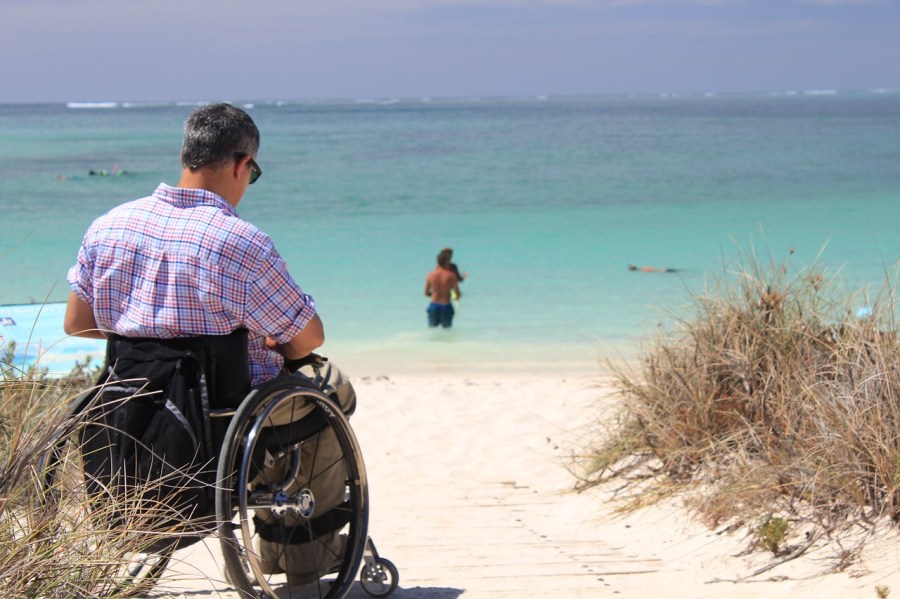
Sufficient Specs
Make sure you get dimension and weight measurements for the combined total of mobility equipment and people who will ride in the van. Ceiling height may be a consideration for taller people, and weight is always important to think about. Make sure there's enough extra space to provide comfort, and that you aren't maxing out weight limits with people and equipment alone.

Warranties
Equipment involved in a mobility conversion can malfunction or otherwise become unusable. Before you complete a purchase, make sure there's sufficient warranty coverage for all of the equipment associated with the van, not just the vehicle itself. If warranty coverage is expired for a used van, you can use that as a bargaining chip for negotiating a better price.
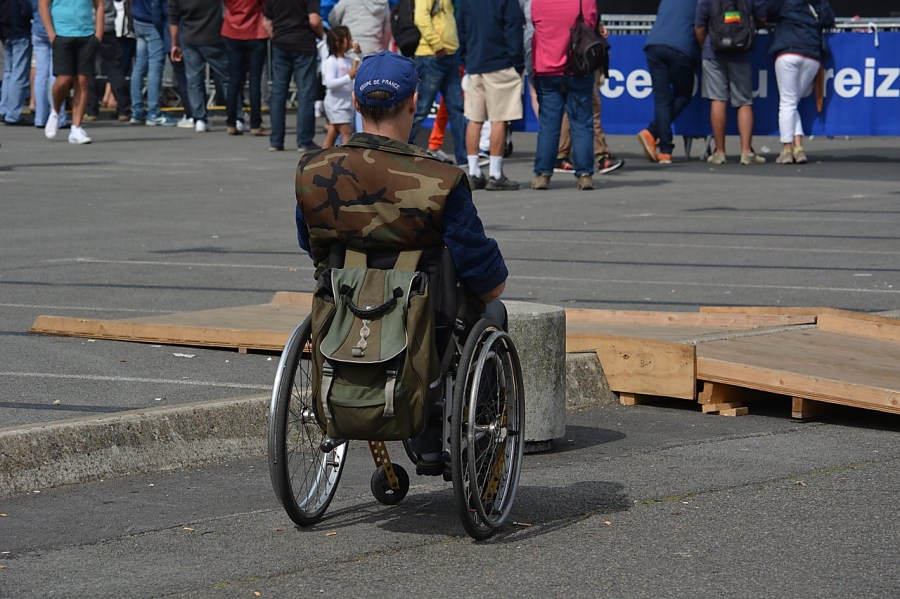
Room for Everyone
Who will ride in the van? If you plan to use your new vehicle to take your entire family on road trips, make sure there's enough comfortable passenger space for everyone. You can find both mini and full-size vans with wheelchair access, which may allow you to comfortably seat a larger group of passengers.
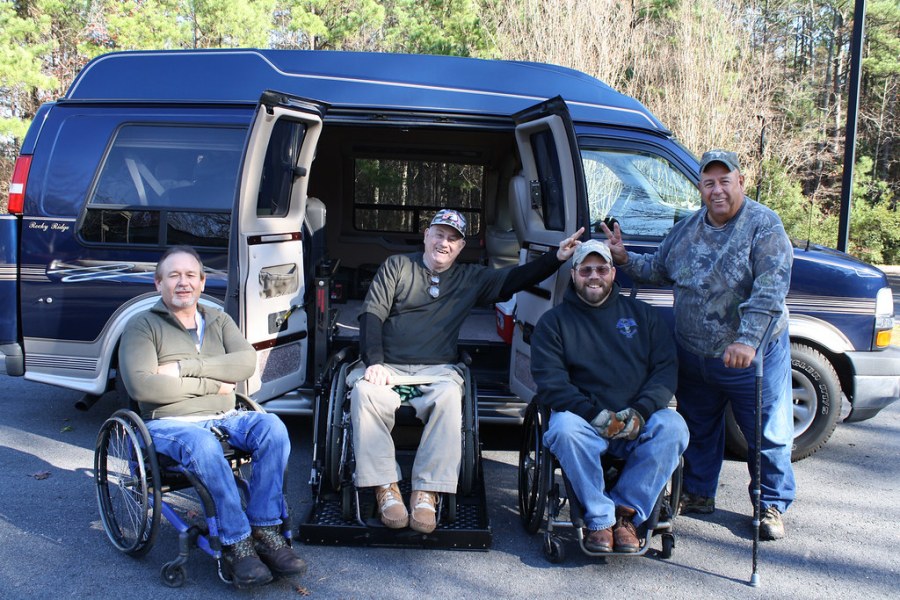
Accessible Equipment for the Driver
If the wheelchair user plans to drive the van themselves, it may be necessary to modify the driver's seat and controls to provide sufficient accessibility. Will the wheelchair driver sit in their chair or in the car's seat to drive? This and other considerations can be evaluated by a third party, such as a Certified Driver Rehabilitation Specialist, who can evaluate the driver and provide special equipment recommendations.

Lifts and Hoists
If the wheelchair user doesn't plan to sit in their chair while riding in the van, it may be necessary to look into hoists or lifts. This equipment is powerful enough to load a heavy mechanized scooter or chair into the vehicle, which can be a major plus for some wheelchair van setups.

Funding
Vans can be expensive enough on their own, but all the extra equipment involved in a wheelchair-friendly conversion can really add to the price tag. Not many people are able to pay for all this out of pocket. From grants to fundraising and rebates, there are multiple different ways to fund your wheelchair van purchase other than paying out of pocket.

Time and Patience
There are a lot of important decisions to be made when it comes to finding the right wheelchair van. You'll want to give yourself plenty of time to find out exactly what you need and work with people who make you feel listened to and supported rather than pressured and uncomfortable. Your time investment will pay off in the end.
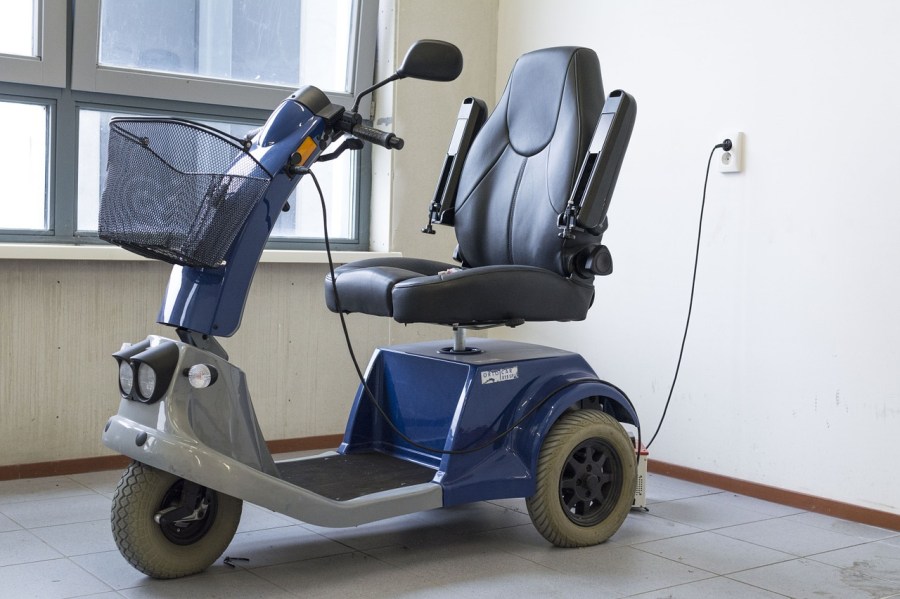
MORE FROM SYMPTOMFIND.COM
How to Make Cream Cheese Frosting Without Van
Source: https://www.symptomfind.com/health/10-things-look-when-buying-wheelchair-van?utm_content=params%3Ao%3D740013%26ad%3DdirN%26qo%3DserpIndex